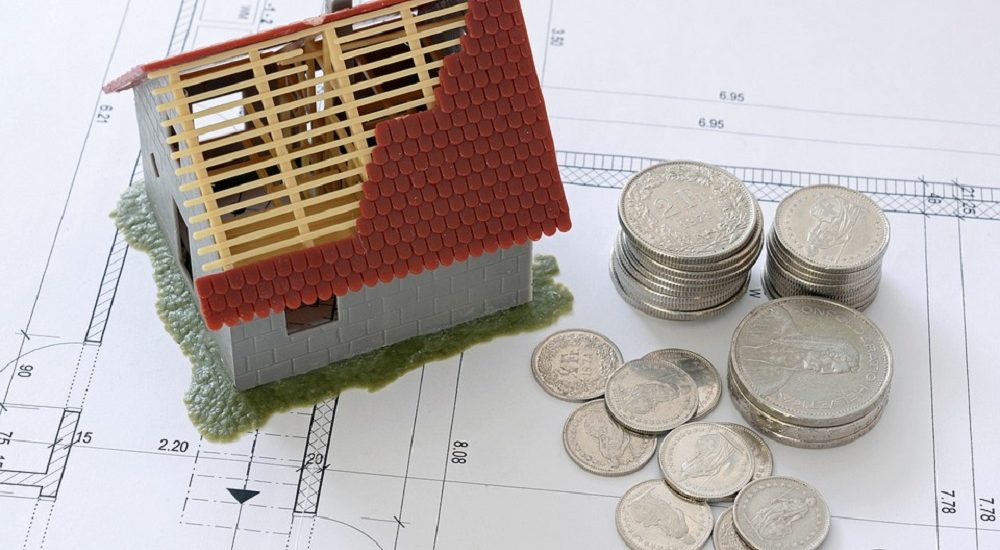The capital gains rules in Canada are pretty straightforward. Any capital gains you make from selling a home in Canada are taxed at 50% of the incremental value. Selling a house also attracts capital gains tax, regardless of how you came into possession of the property.
Your folks have left you their home, and you are delighted about it. You plan to sell the house as-is or make minor repairs and sell it at the best market value. The sale proceeds can cover some of your significant expenses, such as children’s college fees, mortgage payments, or other substantial payments. When selling property in Canada, you need to be aware of the various inheritance tax rules. Here are some questions answered on the sale of inherited properties in Canada.
Do I Pay Tax When I Inherit the Property?
No. Plain and simple.Say your parents pass away and leave their home to you. When you sell the house, you will have to pay the capital gains tax on it. If the spouse passes away in another scenario, the property is directly passed on to the living spouse. In this case, since the property is a primary residence, there will be no tax on it.
How to Calculate Capital Gains?
Capital gains are not the amount you sold the house but the difference between purchase and sale prices. You must be wondering how to figure out the purchase price; worry no more. You don’t have to dig around the attic to look for the purchase agreement.
There is a way to estimate the property’s fair market value by knowing which year it was purchased. Once you have that information and you see the sale price, you can calculate the difference. Usually, the sale price is more than the purchase price, and the difference is treated as capital gains.
How Much Do I Pay?
Capital gains are taxed at 50% in Canada. Therefore, when selling property in Canada, make sure that you pay the capital gains tax rather than wait for the taxman to come calling. So, if the fair market value at the time of purchase was $100,000 and you sell it for $400,000, then the capital gains on this transaction would be $300,000. Therefore, the tax you pay for the sale would be $150,000.
What Other Fees Do I Have to Pay?
Other fees that come with the sale of a house inherited or otherwise are inspection fees, lawyers’ fees, realtor fees, and a probate fee in case of inherited properties.
What Alternatives Do I Have?
When you inherit a property, you have other options apart from selling it. For example, you can rent it out or live in it yourself. It may require minor repairs, but renting the property can give you long-term income without attracting the hefty capital gains tax. Also, the property’s value will increase over time. If you plan to live in it, then you save on rent you pay elsewhere. Either way, it is a win-win situation.
Selling a property in Canada is simple as long as you are aware of the tax rules. There is a lot of ambiguity around inheritance properties and taxes. All of it is created by the lack of awareness. The Canadian inheritance laws are pretty simple, and there is no tax on primary inheritance properties and a 50% tax on secondary residences.

